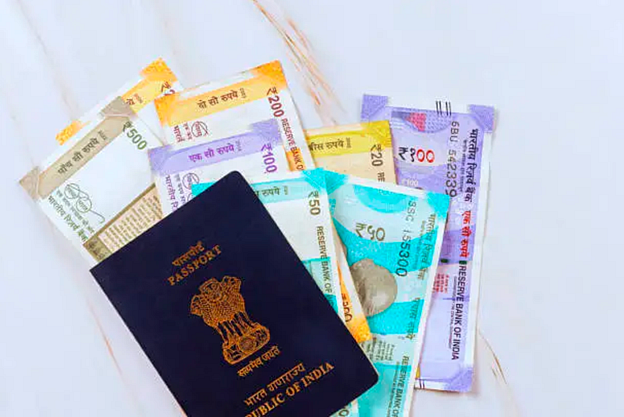Carrying forward capital losses is an important part of tax planning for non-resident Indians (NRIs). It helps offset future capital gains reduce taxable income and minimize tax liability.
“An NRI can carry forward capital losses in India, subject to certain conditions under the Income Tax Act, 1961,” says Suresh Surana, a Mumbai-based chartered accountant.
Types of Capital Losses and Carry Forward Rules
Short-term capital Loss (STCL): This can be offset against both short-term and long-term capital gains in the same financial year.
Long-term capital Loss (LTCL): This can only be offset against long-term capital gains in the same financial year.
“If the losses cannot be fully set off in the same year, they can be carried forward for set off up to 8 subsequent years,” says Surana.
Conditions For NRIs To Carry Forward Losses
“NRIs can carry forward capital losses under the same conditions as resident Indians, with some key differences in tax applicability,” says Abhishek Khudania, senior, executive director – wealth, Client Associates, a wealth management firm.
Filing Requirement: To carry forward capital losses, NRIs must file their Income Tax Return (ITR) within the due date specified under Section 139(1) of the Income Tax Act, 1961.
Time Limit: Losses can be carried forward for up to eight assessment years.
Utilization of Losses: Losses carried forward can be set off only against capital gains income in subsequent years.
Same Assessee Rule: The losses must be carried forward and set off by the same taxpayer in subsequent years.
Difference Between NRIs And Residents
NRIs are taxed only on income earned or accrued in India, not on global income. Resident Indians are taxed on global income. However, the provisions for carrying forward capital losses are the same for both categories.
“Also, NRIs often face higher TDS rates on capital gains (e.g. 12.5 per cent on LTCG on Listed Equity), which may lead to excess tax payments (deducted upfront), whereas for resident Indians, TDS is not applicable on capital gains, except in specific cases. Which is why for NRIs, filing a return is crucial to claim refunds or adjust losses,” says Khudania.
Importance Of DTAAs
Double Taxation Avoidance Agreements (DTAAs) help NRIs avoid double taxation on income earned in India and their country of residence.
“However, DTAA provisions do not impact the ability to carry forward capital losses. However, Losses can be carried forward only under Indian tax laws. Losses incurred in India can only be set off against gains taxable in India, not against gains in the foreign country of residence,” says Khudania.
Some DTAA treaties allow NRIs to claim credit for taxes paid in India on capital gains. This may indirectly reduce tax liability in the foreign country, even though direct loss set-off is not allowed in India.










